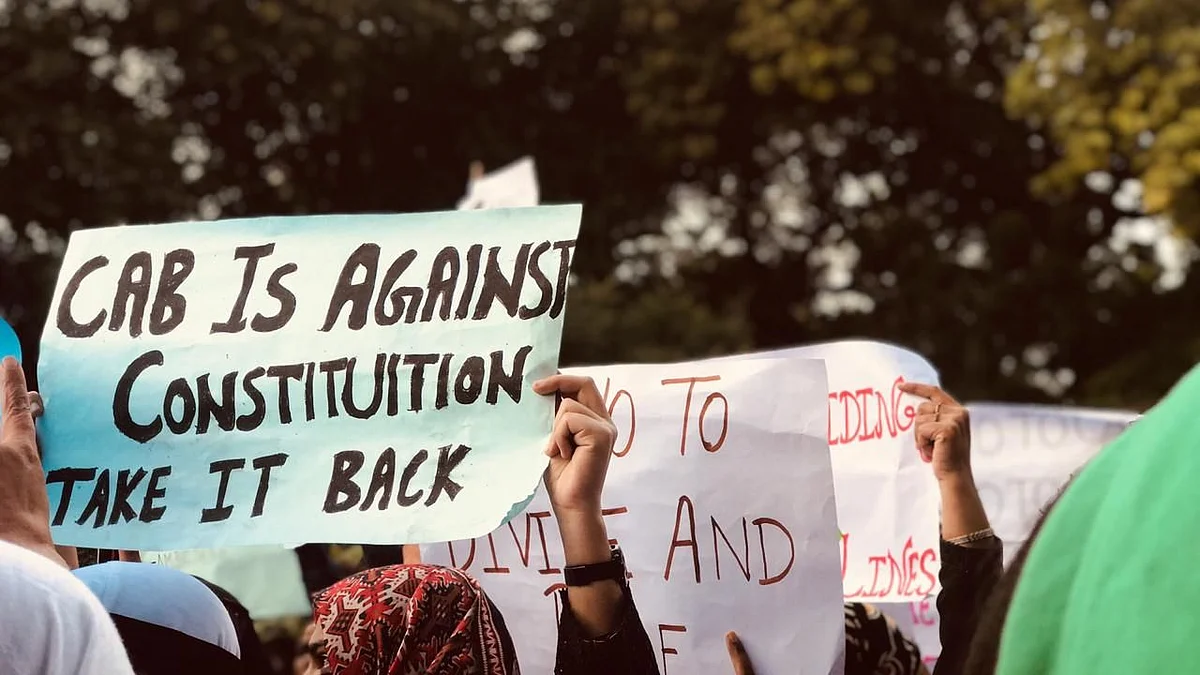Maha Village First to Pass Resolution Against CAA, NRC, NPR
The village of 2,000 people, on the outskirts of Ahmednagar, has no muslim population.

advertisement
A small village on the outskirts of Ahmednagar in Maharashtra has become the first village to pass a resolution for non-cooperation with the implementation of the controversial Citizenship Amendment Act (CAA), National Register of Citizens (NRC) and the National Population Register (NPR). The twist? The village of 2,000 people does not have a single Muslim resident.
The village, Islak, has a pre-dominantly tribal population who voiced concerns over lack of identification documents, following which the gram panchayat passed the resolution., reported news channel NDTV.
According to Shinde, the issue of lack of documents has been raised with the government over the past four years but no action has been taken.
According to Madadev Gavali, a gram panchayat member, almost one-third of the village population belong to the Adivasi community.
The villagers state that the powers of a gram panchayat are established in the laws of the country and thus have decided to not cooperate with the implementation of CAA.
(At The Quint, we question everything. Play an active role in shaping our journalism by becoming a member today.)